

Discover more from Jeffrey Rickman’s Substack
Methodist Nature: Unapologetic Bible Bigotry
How it is that liberalism was always a foreign imposition...
With the formation of the Global Methodist Church, a reclaiming of the Methodist heritage is in order. Many voices are submitting ideas with respect to the particulars of Methodist identity. I have my own thoughts, which are being spelled out in a series of articles. This is the eighth of at least twelve. You might read my introduction to this series first in order to know how I have thought through this project and why I care about it.
The Power of Doubt
When Satan first appeared to Eve in the garden, the first thing he did was to cast doubt on the truth of God’s words. He made them sound unreasonable (‘did he really say you can’t eat from any of these delicious trees?’) and then he warped God’s intent (‘because he wants to keep you stupid’). While history has gotten more complicated since then, and Satan has continually interfered so as to win people away from the Lord, his original strategy has remained consistent: Get people to question the truth and misunderstand the purpose of God’s words.
Over the course of history, people have found many ways to disregard the words of the Lord. The first way to do that is to deny that they are found in the Christian scriptures. You may have heard that because Jesus is the Word made flesh, the scriptures cannot be God’s word. This is a lie from the evil one. Or you may have heard that the bible was compiled by a bunch of self-interested men who wanted to compel women, children, and slaves into their service. Or perhaps you heard that there were lots of other books at the time that were considered scripture, but Constantine commissioned a worldly overthrow of the early church and outlawed many legitimate books of the bible. Lies.
People problematize the bible, saying it had so many points of interpretation between its original Aramaic and Hebrew oral traditions up to today’s English that we really can’t rely on anything rendered, and there is no way to get back to the original text. Others discount the scriptures by saying that they were indeed true for a time, but God changes, so we should, too.
The Wesleyan Quadrilateral
In the Methodist world, there was once a scholar named Albert Outler who read a lot of John Wesley. In an attempt to explain how it was that the most famous leader of the Methodist Revival reasoned through his life, he crafted an idea called the “Wesleyan Quadrilateral.” His formula explained that the scriptures were the backbone of everything Wesley believed and preached, and that reason, tradition, and experience informed how he interpreted the scriptures. Many who hate what God’s word says glommed onto this idea, saying that experience and reason were now (and had always been) legitimate means of discounting or significantly augmenting the understanding of what the scriptures have always meant throughout two millennia of Christian history. The doctrine was so badly abused that eventually Outler himself eventually renounced it:
The ‘L’ Word
I have gone this far without using a word that is vital for understanding this impulse. The word is ‘liberal’. The liberal impulse is to question the foundations of a received tradition. It is willing to ask the question of if something could actually be different than it has always been understood. This is not always evil in every sense. In a political sense, it was the liberals who were able to question the divine right of kings and to craft a new sort of state unlike any the world had ever seen. While the United State of America cannot even approach the glory of God’s Kingdom, I am glad for the liberal political theory that allowed the founding fathers to design my country. Not all liberalism is bad. In fact, the liberal impulse is great in science, when it questions the established ‘facts’ and is able to reformulate and innovate in various fields, resulting in new discoveries, methods, and inventions.
Even so, the liberal impulse within the Christian tradition has always been satanic. When “God is the same today, yesterday, and forever,” questioning his revelation (holy writ) is death-dealing.
Of course, I believe in freedom of speech. I am glad to live in a world in which people are free to question the truth of scripture. My problem is not with the freedom that people have to think. It is when we lose our ability to understand that those who leave behind a historic understanding of the meaning of the scriptures are actually of a different religion altogether. Those who add to, subtract from, or assign new meanings to replace the old are not building upon the same foundation; they are something new altogether.
There are many traditions that have emerged over these two millennia of Christian history that are guilty of this great sin. Thank God, Methodism is constituted, not by new doctrines, but by historic and eternal ones. Methodism, as I have argued before, is not a new tradition so much as a reclaiming of the early church, its doctrines and practices.
Bibliolatry?
To question the truth or reliability of the scriptures is to abandon the DNA of a distinct spiritual organism that is directly tied to the Triune God. People are free to do it, but it comes at an eternal cost. Many scoff at this notion, saying that I and people like me worship the bible and are guilty of ‘bibliolatry.’ In even articulating that notion I have decreased in intelligence. This notion of ‘bibliolatry’ is…stupid. People don’t worship bibles. True believers acknowledge the bible as a fully trustworthy resource for knowing God, alongside the Holy Spirit and the church catholic (universal). The wonderful scandal of scripture is that an ineffable God has actually told us reliable things about him, how he has been active in history, who he expects and empowers us to be, and what the final results and consequences will be. People are free to question or reject this, but when they do so, they cease being Christians in any authentic sense. They rather then join the ranks of a well-populated group that can be called ‘heretics’ or ‘apostates.’ Today, a term associated with this phenomenon is ‘deconstruction.’
In case I am not being clear enough: There is no such thing as a religiously liberal Methodist because there is no such thing as a religiously liberal Christian. An excellent way to discern if you are in the presence of a true believer or a satanic corruption is if a person can easily and readily confirm the scriptures as God’s Word. If they start to question the veracity of any parts of it, or problematize passages, then be wary: They say they honor God, but they don’t. People are willing to lie about these things.
Anticipating the Fundamentalist Caricature
That is not to say that there is only one proper rendering to the meaning of any particular portion of scripture. Scripture operates on many levels at once. Some of it is clearly metaphor, while other parts are clearly prose. Many parts are not so clear. Sometimes it isn’t clear if we are getting something told in a straight line in time, or if perhaps we are getting snapshots and cycles. All of these interpretive challenges can be dealt with by serious believers in humble Christian fellowships. Differences of interpretation, within limits, can be tolerated. The one thing that cannot be tolerated is any study of the scriptures with the presupposition that it is not God’s Word, and that parts of it can be mistaken or false. If one comes to the scriptures trying to discern all the ways in which they are true, great. If they come trying to justify themselves, discounting hard or inconvenient passages, or even the passages they find heinous…they are not Methodist.
Anticipating Illegitimate Claims to Legitimacy
Yes, there have been many people calling themselves Methodist who have done these things for over 100 years. For many today, the standard set by The United Methodist Church is what defines Methodism, so all of us are understood to be cherry pickers. Some even say that there isn’t even a way to read the scriptures without cherry picking, such is their fallen state. My contention is that such people have no theological connection to the original generation of Methodists, and they are instead a foreign imposition that Methodists of the twentieth century were too nice and careless to force out.
What About John Wesley, Though?
While I make room for Methodism to be defined outside of John Wesley’s person, he is an excellent example of the Methodist biblical hermeneutic. Perhaps my favorite Wesley quote with respect to the scriptures is this one:
This should be a shared sentiment among all Methodists. In this age, to be a bigot is one of the worst things one can be. The Methodist should be unashamed to admit that we are biased in favor of our book. To claim a dispassionate stance towards the bible is either a lie or damning. This is God’s message to us. It perfectly directs us to the One who can save us.
It is a perfect guide to life, helping us to govern ourselves wisely among an ungodly world. It is a shame that anyone who would call themselves a Methodist would be unfamiliar with the bible and unbothered by such a situation. A true Methodist yearns to read the bible again and again, internalizing the verses and their meanings, implementing all of it into their daily lives. It is the water in which we swim. It is the music to which we dance. James said,
“But be ye doers of the word, and not hearers only, deceiving your own selves. For if any be a hearer of the word, and not a doer, he is like unto a man beholding his natural face in a glass: For he beholdeth himself, and goeth his way, and straightway forgetteth what manner of man he was. But whoso looketh into the perfect law of liberty, and continueth therein, he being not a forgetful hearer, but a doer of the work, this man shall be blessed in his deed." (Jas. 1:22-25)
Because of this clearly central role of the bible in the lives of all true believers, Wesley warned:
Early Christian worship was not known for amazing, motivational sermons or blowout music concerts. It did not invent new music or fill the space with their own words. Rather, early Christians were known for spending massive amounts of time in worship reading scripture, and larger amounts of time during the week meditating on it, memorizing it, internalizing it. They were hostile to new words. They basked in the words of life, never tiring of their truth and beauty. To live in an age today when most in the pews do not know the scriptures and get bored if you read too much of them is very strange indeed. Why do we imagine ourselves to be part of the same faith that spread out after the day of Pentecost?
Speaking to the Series
One of the things that should be reclaimed as Methodists talk seriously about doing things rightly is a strident insistence on the Christian scriptures. There is a place for arguing about the importance of a ‘plain’ reading of scripture versus a ‘credal’ or ‘consensual’ reading of the scriptures. I’m personally of the mind that both can be welcome so long as they do not fall into the error described above. What cannot be tolerated is a liberal indifference to the scriptures or a postmodern elevation of self over the scriptures. People who are not serious about the scriptures should be very uncomfortable in our churches. Our worship services should be unapologetic in expecting folks to love and know our scriptures. Pastors shouldn’t have to plead with their people to read daily, or at all. They shouldn’t have to spice it up by adding jokes or interesting anecdotes, TED Talk life advice or a great soundtrack. The unadorned Christian canon is a heavenly phenomenon that puts to shame most other attempts at reaching the divine. May it once again be seen as such among the people called Methodist.
Final Note
For those who are disposed to be contentious, this is admittedly too short a piece to make the case as strongly as I would like. To my understanding, the best work has been done by Thomas H. McCall in his, “Wesleyan Theology and the Authority of Scripture: Historic Affirmations and Some Contemporary Issues.” He is able to more systematically work his way through the original source material and to debunk many of the misunderstandings that contemporary Methodists have. Regardless of whether or not you find and read his work, I hope you will be a part of the project of setting aside the fruitless traditions of the past and reclaim a classical and serious understanding of the Christian scriptures.
Subscribe to Jeffrey Rickman’s Substack
These are the personal reflections of a small town pastor in rural Northeastern Oklahoma. Content here is designed in hopes that any and all who spend time with me will be brought closer to Christ through a faithful local church and daily disciplines.





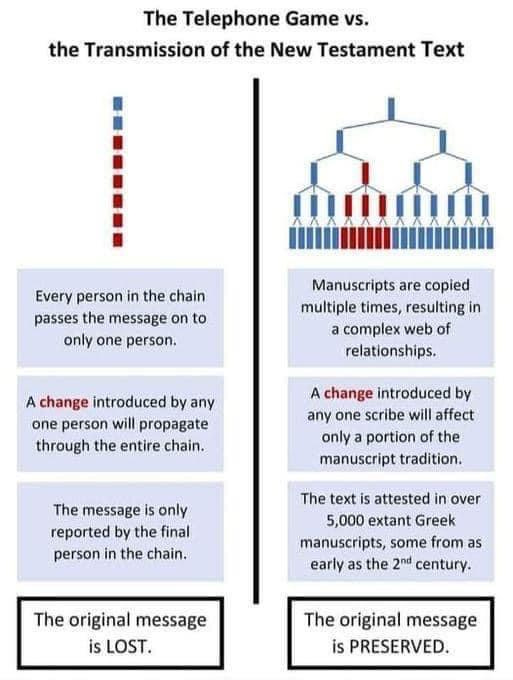
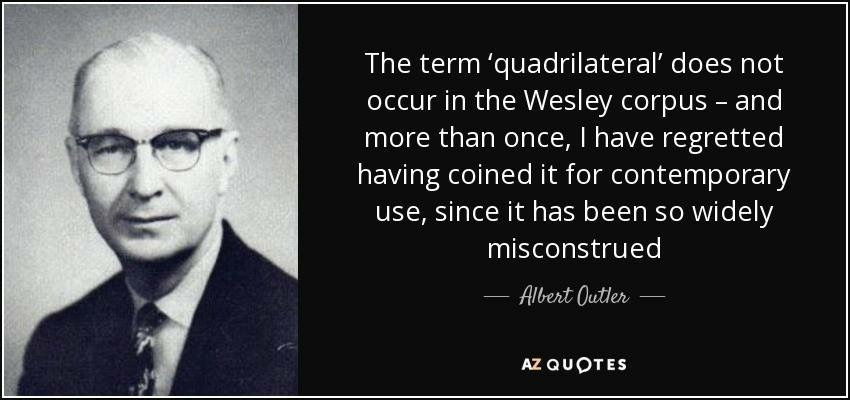
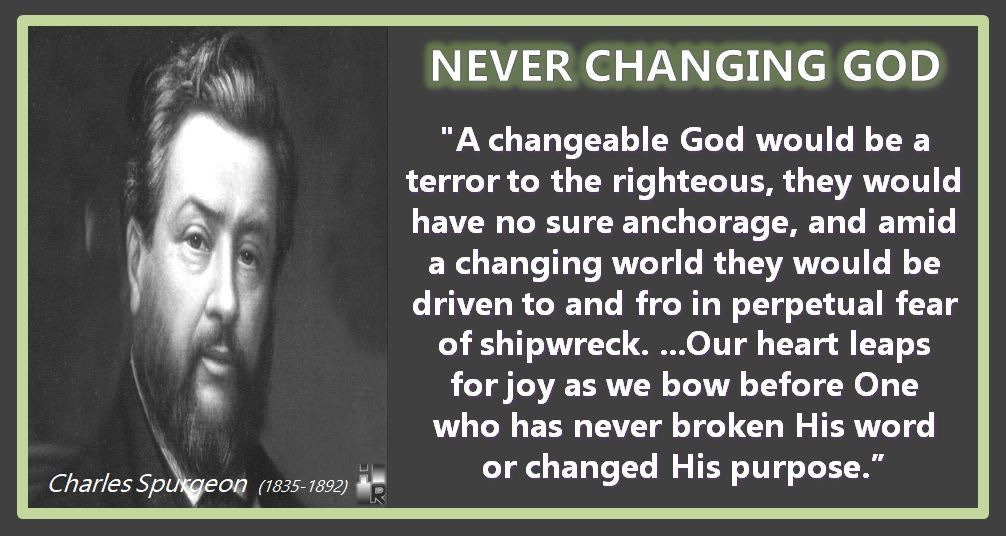
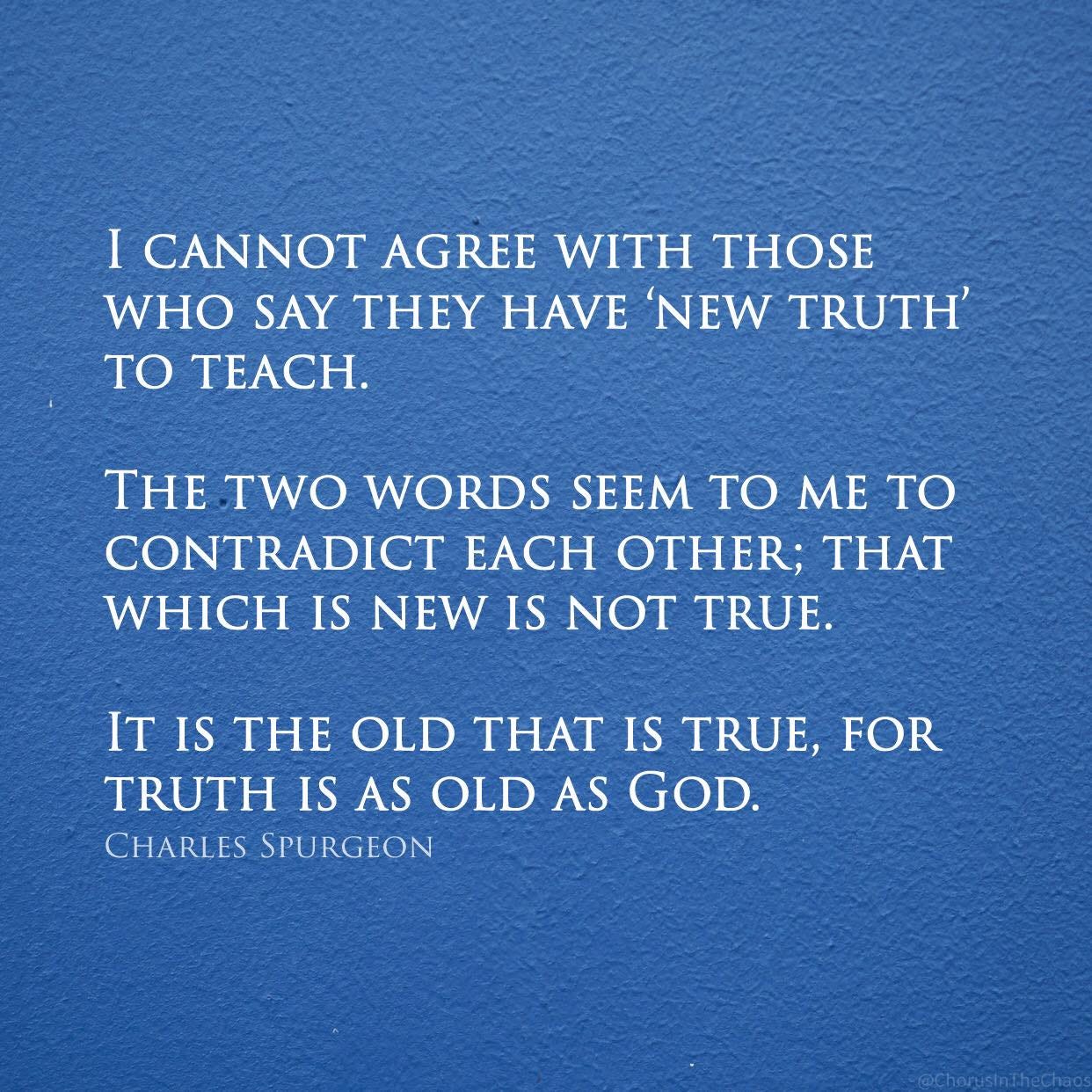
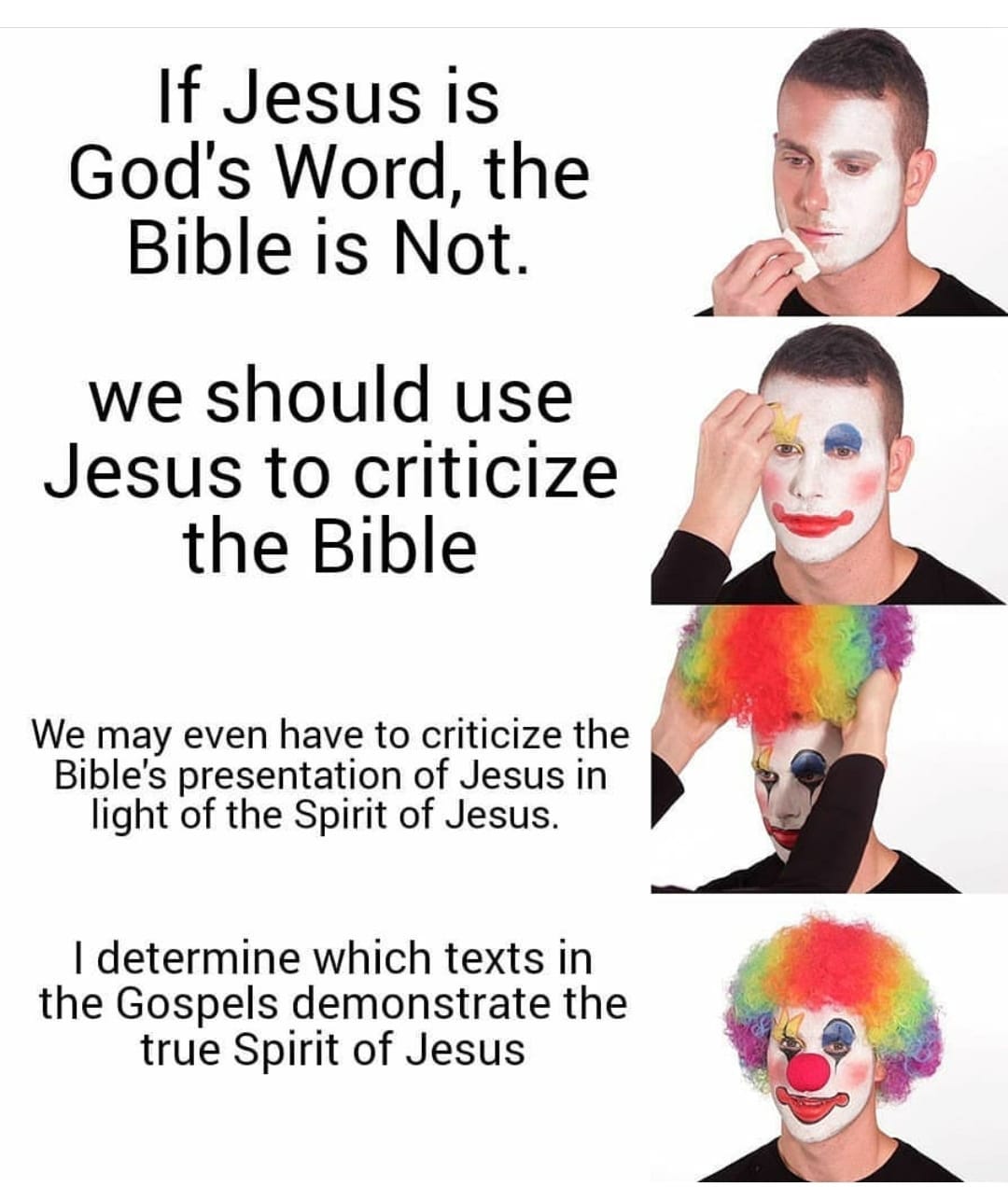
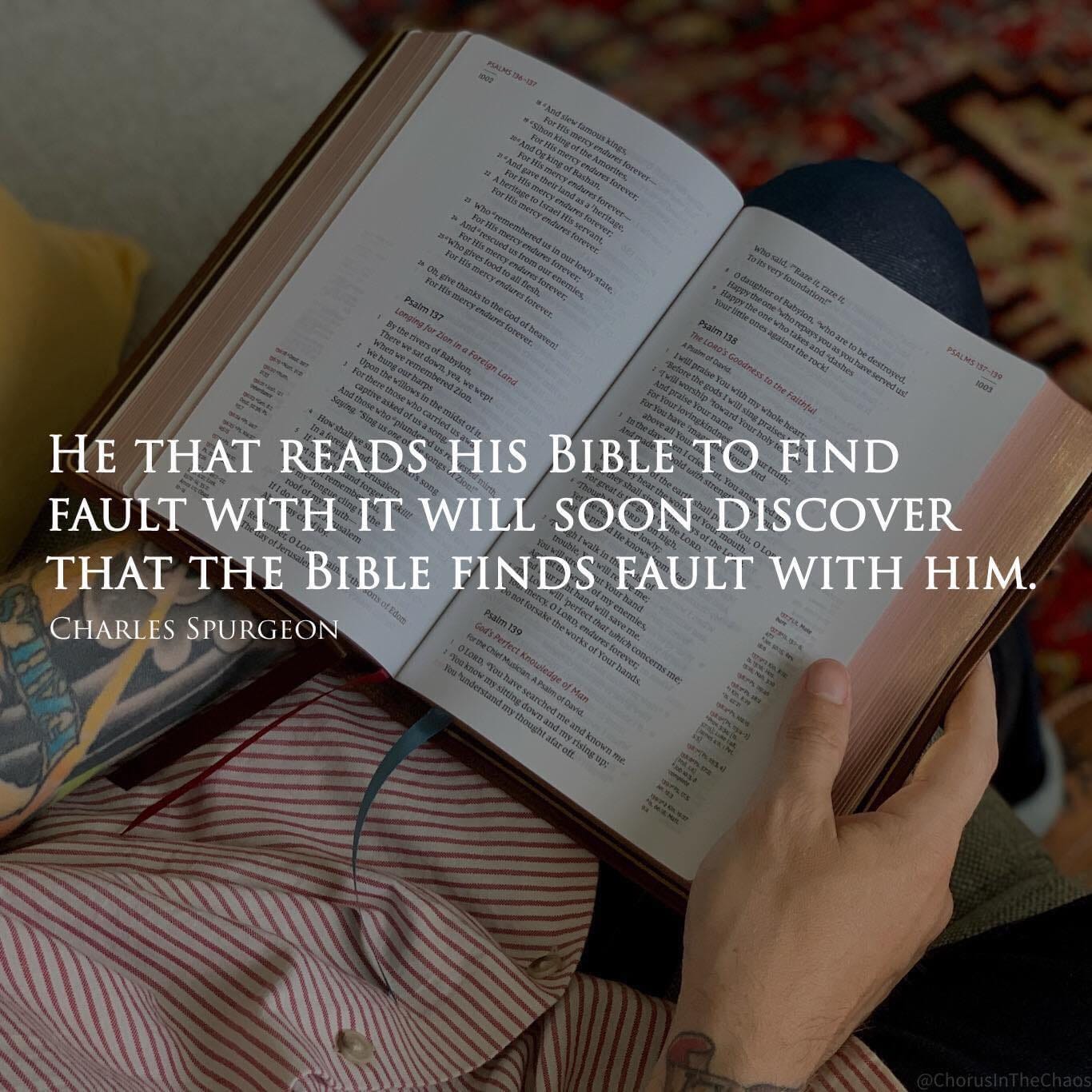
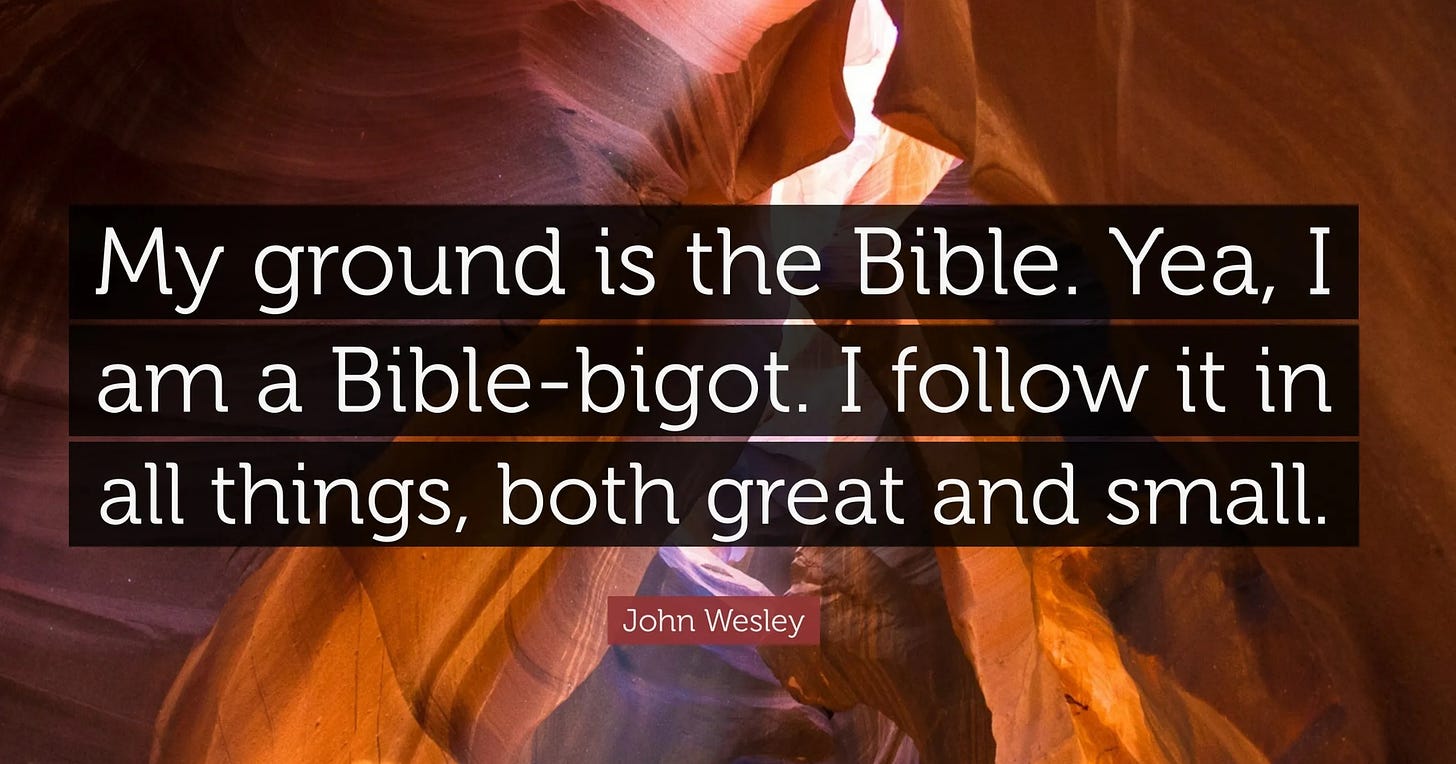

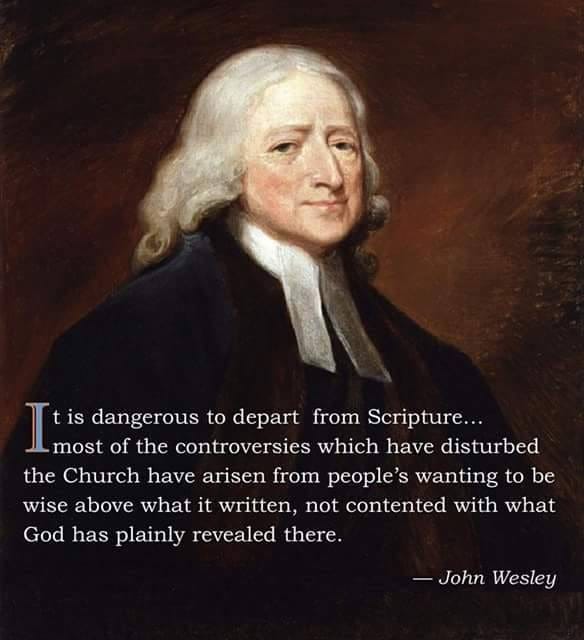
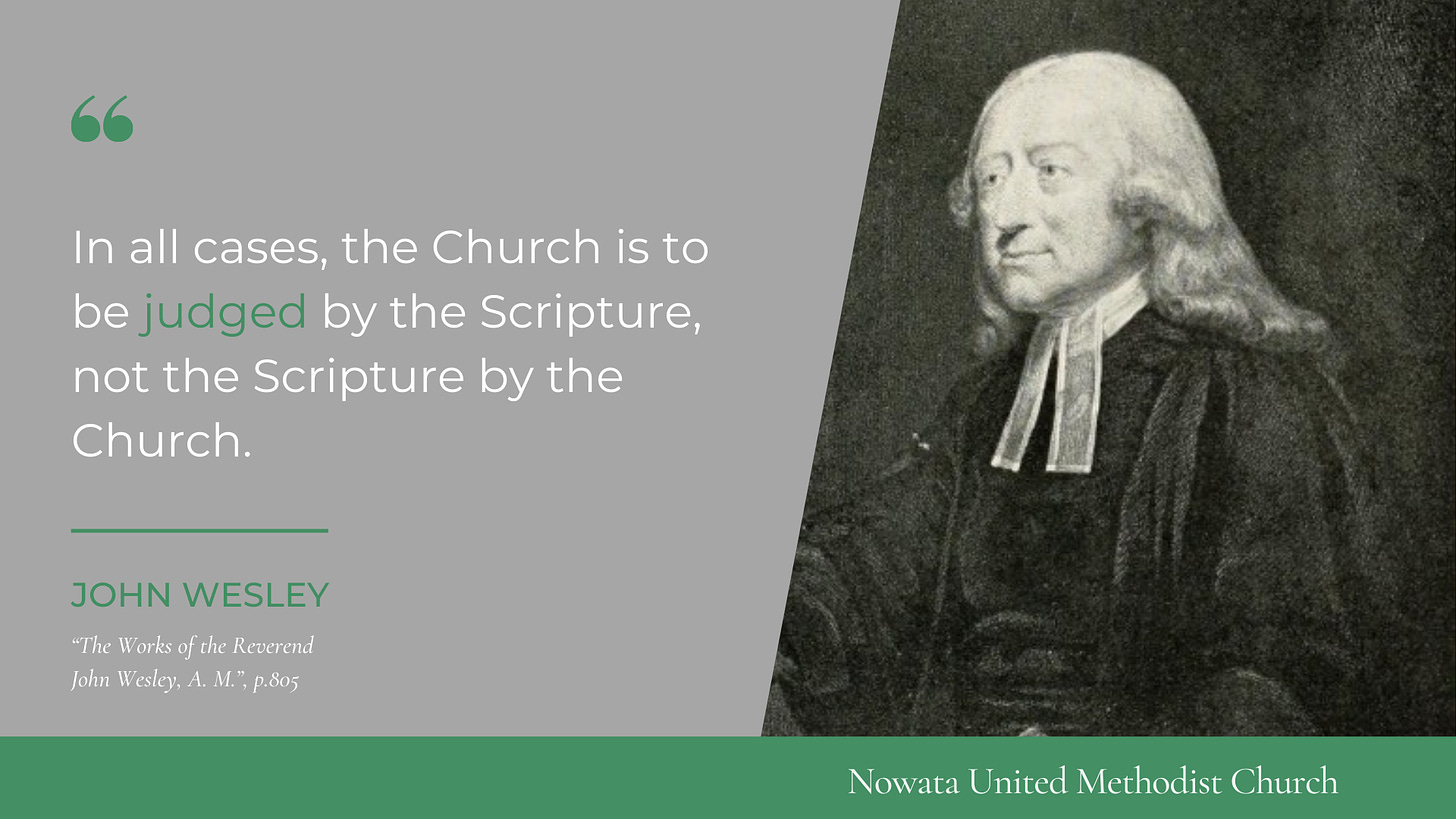











A wider audience of Methodists needs to read this. Wonderfully stated. John Wesley himself would be pleased. You definitely “get it.”
Love all of this!